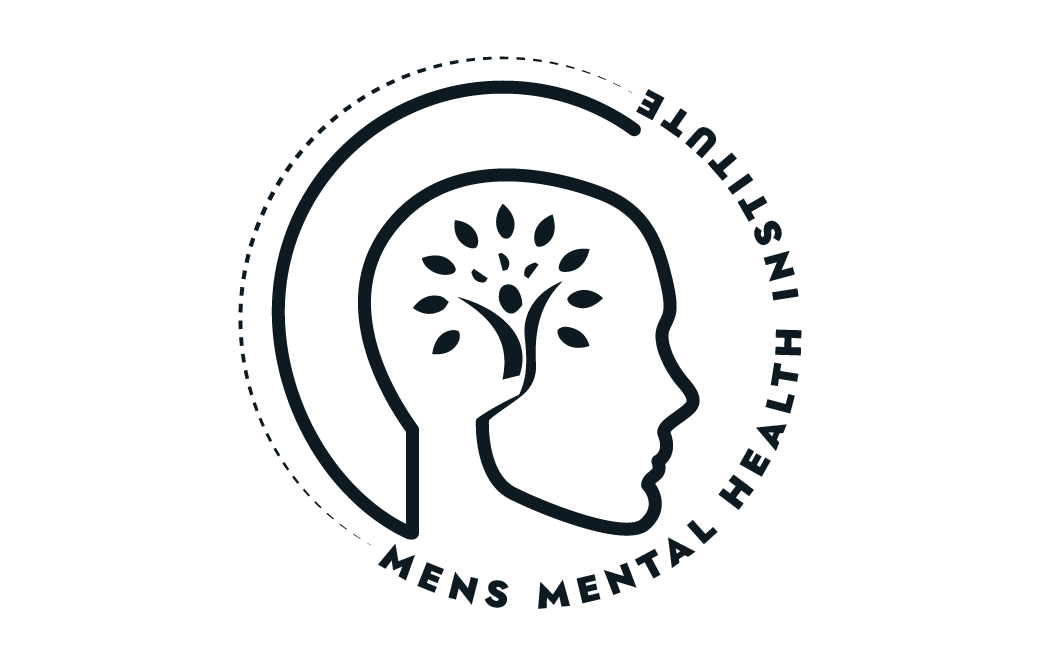Why Rest Feels Like Risk: The Male Brain, Evolution, and Modern Pressure
If you’re a man who feels like resting is unsafe, like slowing down means you’re losing ground, know this is more than just a mental block. It’s your brain responding to deep evolutionary, neurological, and social programming.
From an evolutionary psychology standpoint, our ancient ancestors lived in environments where constant vigilance and action were essential for survival. Resting too long could mean missing a threat, losing status in the tribe, or losing resources. That threat-detection system, rooted in the amygdala and limbic brain, still drives much of how you feel today, even if your “threats” are emails, bills, or social expectations rather than predators.
Neuroscience backs this up. When you’re “always on,” your hypothalamic-pituitary-adrenal (HPA) axis is constantly activated, releasing stress hormones like cortisol. This high-alert state impairs your brain’s ability to relax and enjoy downtime. Rest can feel unsafe because your brain’s threat center interprets it as vulnerability or risk.
Social psychology adds another layer. Male social norms often equate worth with productivity, strength, and self-reliance. Taking breaks can be seen (by yourself and others) as weakness or falling behind, reinforcing the idea that rest is not an option.
This creates a dangerous feedback loop: you push harder to avoid the feeling of falling behind, which keeps your stress system activated, making rest even harder to tolerate. The mental health field sometimes mislabels this as anxiety or burnout disorder but often overlooks the deeper biological and social dynamics. Overmedication or superficial advice won’t address the root cause.
How Science-Based Therapy Can Help You Feel Safe Enough to Rest
Mindfulness and Body Awareness
Practices that reconnect you with your physical sensations and the present moment help deactivate your overactive threat system. Learning to tolerate discomfort without reacting strengthens your nervous system’s ability to relax.
Cognitive Behavioral Therapy (CBT)
CBT helps you identify and reframe beliefs like “if I slow down, I’ll fall behind” into more balanced, evidence-based thoughts. It works on breaking the mental habit loops that keep you stuck.
Acceptance and Commitment Therapy (ACT)
Instead of fighting the fear around rest, ACT encourages acceptance of uncomfortable feelings and commitment to values beyond constant productivity. This shifts your focus from avoiding “falling behind” to living a meaningful life.
Polyvagal-Informed Therapy
This approach focuses on regulating the autonomic nervous system, teaching techniques to shift out of fight/flight mode into safe states that allow rest and social connection.
Behavioral Experiments
Gradually scheduling rest periods and testing out what really happens helps your brain learn that resting doesn’t lead to failure or loss of status.
What You Can Gain When Rest Feels Safe Again
When you retrain your brain to accept rest as safe and necessary, you unlock powerful benefits:
- Your stress hormones decrease, improving mood, focus, and energy.
- You rebuild cognitive and emotional resilience, so challenges feel more manageable.
- Your relationships improve because you’re more present and less irritable or distant.
- You regain a balanced identity that includes work, rest, play, and connection.
- You boost your long-term productivity and creativity because your brain has space to recover and innovate.
Rest is not weakness, it’s the foundation of sustainable strength and success.








